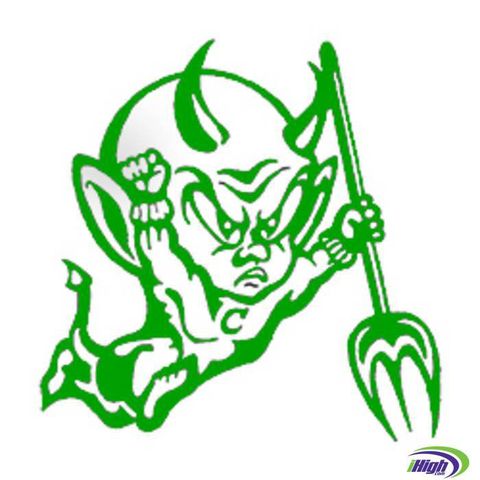DSDL 3 Cary
2024 — Cary, NC/US
Extemporaneous Speaking
Event Description:
A. Division
League tournaments will offer one division of mixed extemporaneous speaking. Topic areas should rotate between:
i. United States: Questions will cover U.S. domestic issues and U.S. foreign policy.
ii. International: Questions will cover the domestic affairs of foreign countries and the foreign affairs of all countries, including the United States.
B. Topics
The Tournament Director will obtain a list of questions phrased for contest use and based on subjects discussed in periodicals during the current school year. The contents of the list must not be disclosed except as contestants draw questions. A new subject area will be sued for each round with no duplication of questions between the rounds.
C. Drawing
Thirty minutes before the contest is to begin, the first speaker draws three questions, choose one, and return the other two. The other contestants draw in like manner, in the order of speaking, at intervals of seven minutes. The entire list of questions for that round must be used for each entry in each section. A contestant drawing a question on which they have spoken previously in the tournament must return it and draw again.
D. Preparation
As soon as question is chose, the contestant will prepare a speech without consultation and without references to prepared notes. Students may consult published books, magazines, newspaper and journals or articles, provide:
i. They are originals or copies of whole pages.
ii. Provided those originals or copies are uncut.
iii. There is no written material on that original or copy other than citation information.
iv. Topical Index without annotation may be present.
No other material is allowed in the Extemp prep room other than stated above. Extemp speeches, handbooks, briefs and outlines are prohibited from the Extemp prep room. Underlining or highlighting in Extemp will be allowed if done in only one color on each article or copy. Please see By-Law 19 concerning use of electronic retrieval devices. Printed copies of information from online computer services may be used. Electronically retrieved evidence used in any League competition must conform to the citation standard of the Modern Language Association
E. Notes
Contestants may make notes during the preparation time, but the use of notes, cards, briefs or other aids is prohibited during the speech.
F. Time
The time limit in Extemporaneous Speaking is seven minutes with a 30-second “grace period.” If there are multiple judges in the round, all must agree that the student has gone beyond the grace period. Should a student go beyond the grace period, the student may not be ranked 1st. There is no other prescribed penalty for going over the grace period. The ranking is up to each individual judge’s discretion. Judges who choose to time are to use accurate (stopwatch function) timing devices. No minimum time is mandated.
G. Recuse
Contestants may not leave the preparation area until dismissed by the Extemp proctor. Consultation with any person other than the Extemp proctor between the time of drawing and the time of speaking is prohibited.
H. Cross-Examination
When final rounds of Extemporaneous Speaking occur, an open-cross examination period of two minutes will be included. Each speaker shall be assigned a speaker order position. Drawing shall take place at 12-minute intervals. Thirty minutes after speaker first has drawn, speakers first and last shall enter the contest room. Speaker first shall give a speech and speaker last shall listen and may take notes. At the conclusion of the speaker first’s speech, speaker last shall question speaker first for two minutes. Speaker last shall return to the prep room and speaker first shall stay and questions speaker second. Speaker second will question speaker third, etc. Unless it is unavoidable, students from the same school shall not cross-examine one another. Speaker order should be adjusted accordingly.
I. Observation
Students in Extemporaneous Speaking are encouraged, but not required to stay and watch the remaining speakers after they deliver their speech. Students who are double-entered may be able to observe as time permits.

